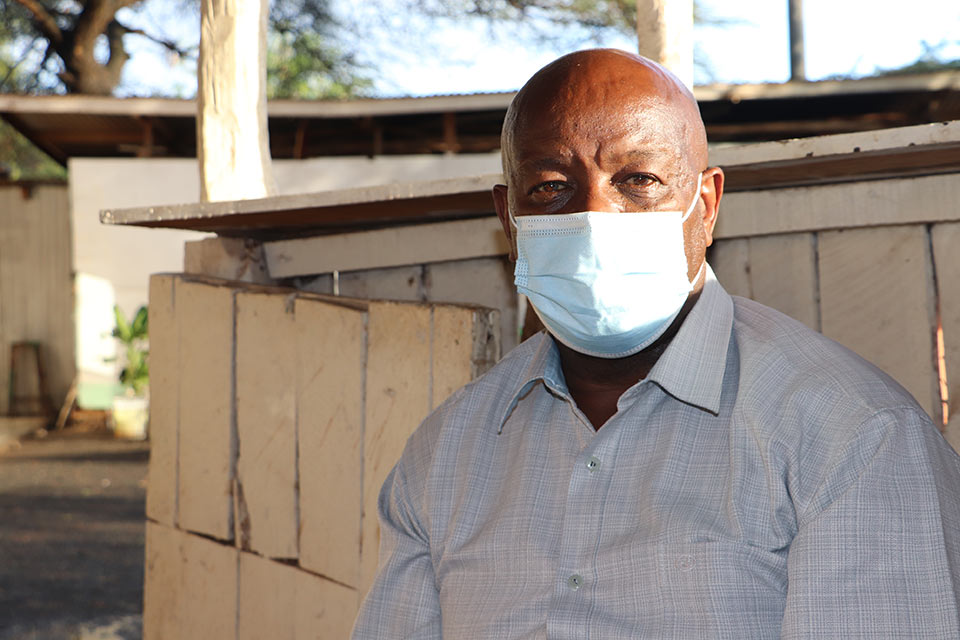What Happened After Covid-19 hit: Kenya
John Kimani, Forensic Scientist Handling evidential material in GBC CasesDate:

 Our staff numbers were drastically downsized, majorly to ensure that the government guidelines and regulations are adhered to in combating the spread of the virus. However, the reduced staff number did not mean that the workload in regard to the numbers of samples to be analyzed had reduced – In fact this numbers had increased.
Our staff numbers were drastically downsized, majorly to ensure that the government guidelines and regulations are adhered to in combating the spread of the virus. However, the reduced staff number did not mean that the workload in regard to the numbers of samples to be analyzed had reduced – In fact this numbers had increased.
As a forensic scientist at the Forensic Science division of the government chemist, I am in charge of analyzing evidential materials from crime scenes in the cases of Gender-Based Violence. My role is important as it is this evidence that will link perpetrators or exonerate the wrongfully accused in the dispensation of justice.
In Kenya, we have three forensic centres serving the different regions of the country, one in Kisumu, serving the western county; one in Mombasa, covering the coastal region and the last one in Nairobi for the remaining regions.
Even before the virus had hit the country, there were already existing backlogs of samples to be analyzed majorly as a result of both the high number of criminal cases and nature some samples that take longer in analyzing. However, the number of samples received increased due to the increased crime including gender-based violence during the restriction of the movement.
This engendered delays in the prosecution mostly for cases of sexual violence including rape, due to the fact that they are heavily dependent on the evidence. The number of samples to be analyzed increased on one side and on the other side the number of staff remained low all this in the auspice of a pandemic.
With the center serving a wide area, the challenge brought forth lies on the quality of the evidential material. Timely submission and poor preservation will often lead to fast degradation of biological material.
The people who suffer the most when cases of gender-based violence are thrown out of courts are the survivors. Lawyers now focus on challenging the cases on a technicality basis and not on the results. Most of the samples are mishandled and along the chain of custody of the evidence freeing the perpetrators to continue their crimes which in turn puts the credibility of the courts in jeopardy in the eyes of the public.
UN Women supports the government of Kenya to handle GBV Cases
UN Women supported by the Government of Denmark, and through the ministry of health and the government chemist is supporting the training of duty bearers along the chain of custody of evidence on how to handle, transfer and document evidential material for cases of GBV. This training takes a multi-sectoral approach brining together health officers, the judiciary, law enforcement officers, and the prosecute.